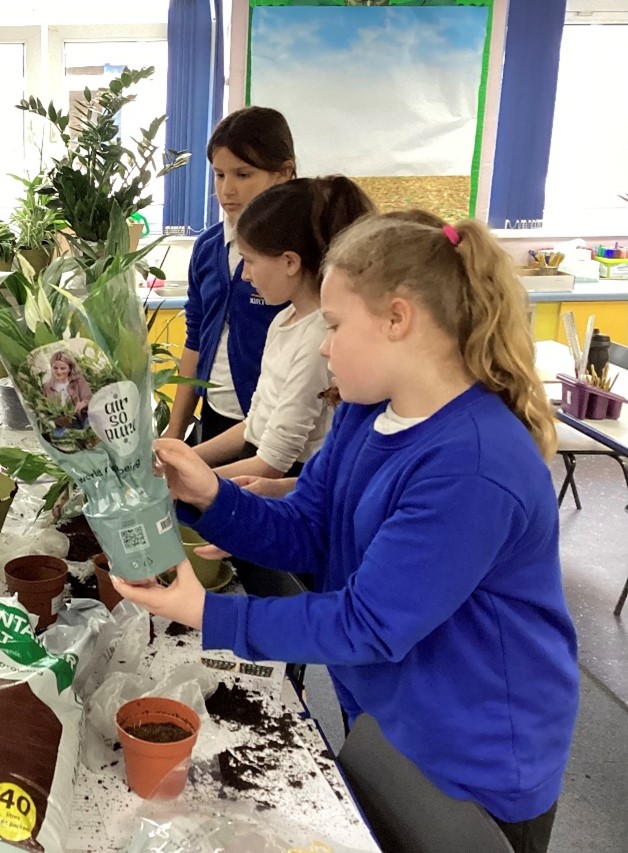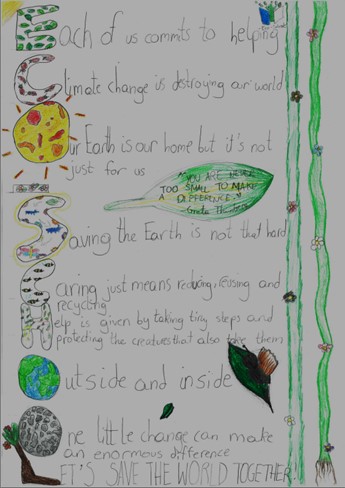Eco-Committee
Eco-Committee
At Kirton Primary, we are trying our best to become more environmentally-friendly to have a more positive impact on our planet. In 2023, we formed our own Eco-Committee: a group of passionate pupils who have made it their mission to take action to help the planet, and to inspire others to do the same.

What is an Eco-School?
Knowing where to start can sometimes feel daunting. That’s why we have worked with Eco-Schools to help set some ambitious, yet achievable, targets. Following this scheme, the Eco-Committee analysed what the school was doing well and what we can do better. We selected three main areas for which we could make the most improvement over the course of the year. We decided to tackle issues relating to waste, biodiversity, and the school grounds.
Waste:
Eco-Committee members (along with our School Council) delivered assemblies to each key stage and year group about the importance of recycling and introduced a new scheme to ensure that as much paper, card, and cardboard are recycled as possible:

Biodiversity and School Grounds:
Eco-Committee members provided each classroom with their own new indoor plant – bringing nature into the classroom, reducing stress, and cleaning our air.

Eco-Committee members introduced our school’s new Eco-Code, which is displayed around school, to encourage adults and children to be more mindful about the environment and the impact that we can have.

Following lessons on how to protect the environment, members of Y6 collaborated with the Eco-Committee to deliver an assembly about what is happening to the environment and the little practical things that we can do, both in and out of school, to help it.


Eco-tips
How to support biodiversity at home:
-
Provide extra food for the creatures that visit by making or putting up a bird or butterfly feeder.
-
Let a section, or sections, of your garden grow a little more wild to give insects and animals places to hide and rest.
-
Plant insect-friendly plants and flowers – such as lavender, snapdragons, and dahlias.